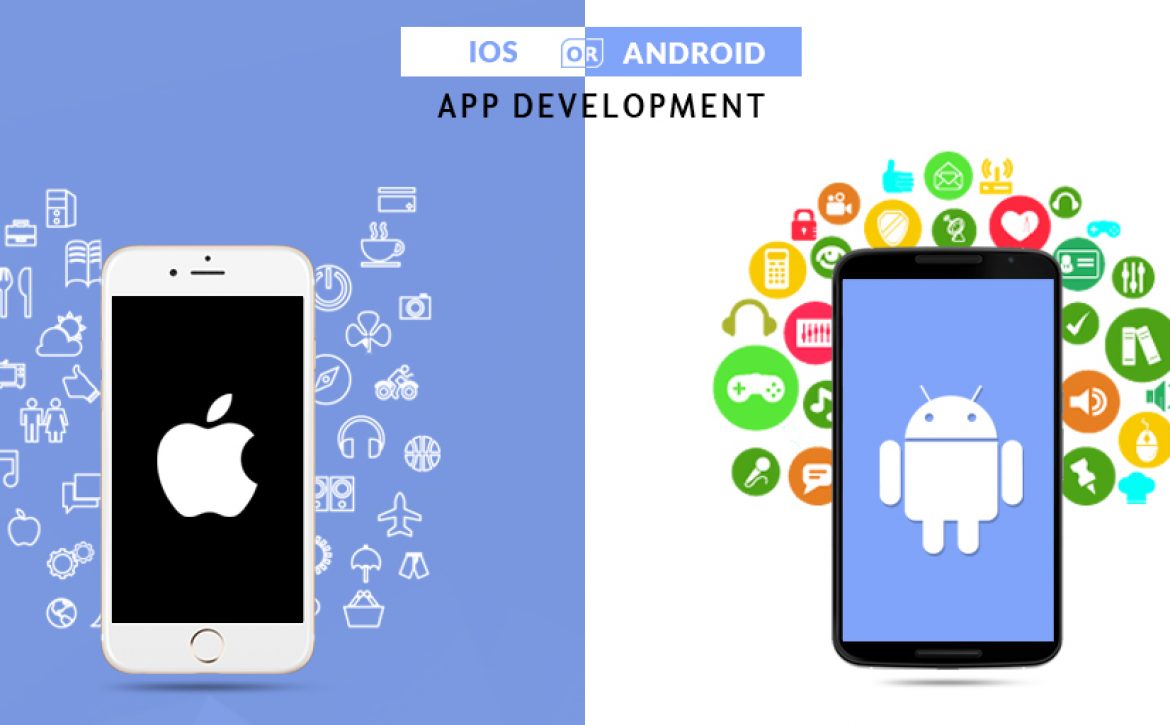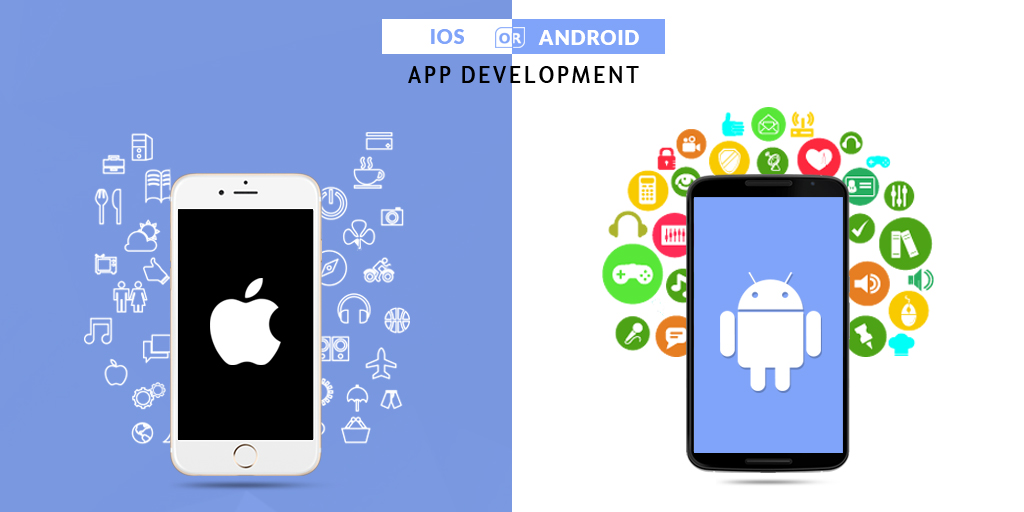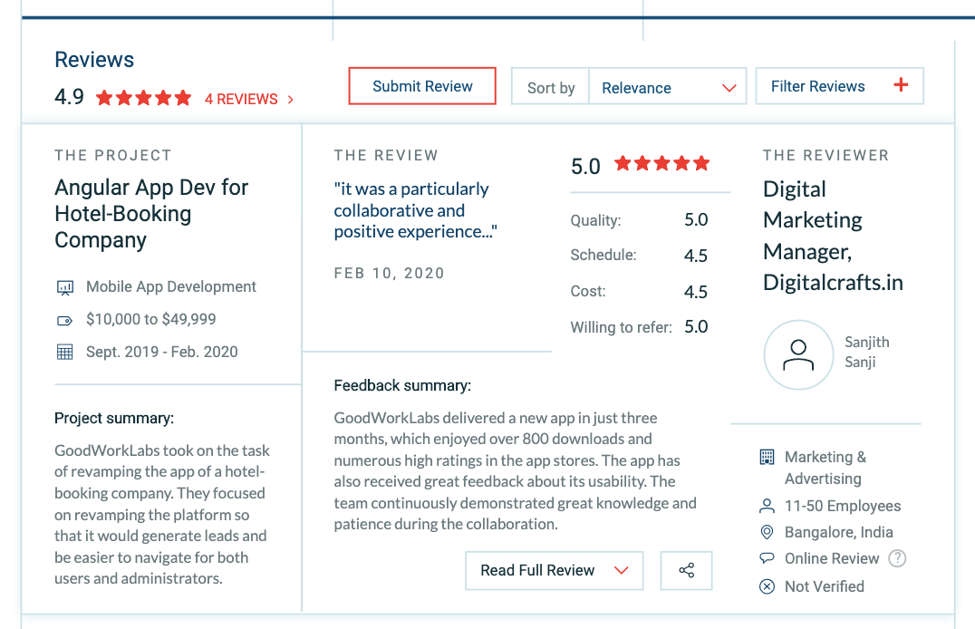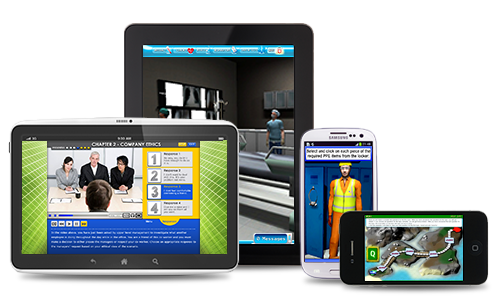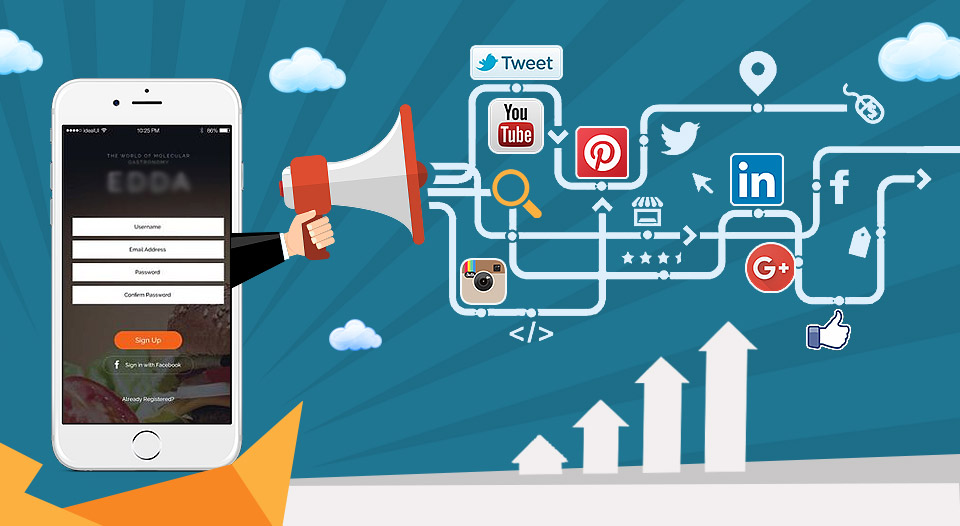Your Guide To Building A Successful Mobile Application
In this era of the highly competitive mobile applications market, the need to develop a catchy yet functional app is necessary to attain success. Having crazy yet unique app ideas is not enough. However, the complexity lies in the flawless execution and consequently the revenue that the app is expected to collect. To avoid the inevitable pitfalls in the development of a mobile app, a well-structured and re-defined plan is essential.
Steps to develop a successful mobile application
There are numerous steps that you must follow in order to design a successful mobile application. Take a look at the steps compiled below –
- Conduct an extensive research
Wanting to develop an app and having a vague idea is not enough. You need to have more information to base your idea on. For that, you need to study the market intimately. First of all, you must understand the various niches and select one. After that, you must choose the target audience. Then, you need to understand their needs, problems and search for potential solutions. However, you must also research the competitors thriving in the market.
- Choose a unique app idea
After analyzing the market, you will need to finalize the app idea. However, you must be aware of the value proposition and have a detailed strategy in mind. The basics of having a successful app idea is to understand the core feature. If you can actually transition your vision into reality, success will not be that hard to grasp.
- Start the planning
Now, you need to start the planning for the app development. First of all, you need to design a Minimum Viable Product or MVP. Developing an MVP will allow you to get user reviews and understand the mood of the market better. After that, you need to decide the operating system that you want to choose for the app. Lastly, you will need to finalize the budget.
- Focus on development
In this stage, the app development takes place. Here, you must get in touch with the best app developers and share your ideas with them. They can consult you and verify if your thoughts are actually feasible in reality.
- Test the application
After the app development process is done, you need to test the app. It is vital to ensure that the tests are done often at regular intervals. Repeated testing will inevitably lead to a high-quality product that is free of glitches and errors. Keep in mind that users will turn away if the app malfunctions on the first try.
- Decide on successful marketing strategies
Now that your app is ready for deployment, you need to opt for the best marketing strategy. Simply developing a functional app is not enough. People must know that such an app exists. The best way to market the product is to ensure that it gets a place in the app stores. Moreover, you also need to keep a track of the reviews and develop regular upgrades to retain customer attention.
Conclusion
These are the steps that will aid you to develop a successful mobile app. It is vital to note that mobile app development doesn’t end with its deployment in the app store. To gain success from your application, you must get in touch with the right mobile app development company. Perfect communication and synchronization is the only way to ensure that your app fares well in the market. Contact goodWorkLabs for all your mobile app development needs. For more information about us, visit us here!




